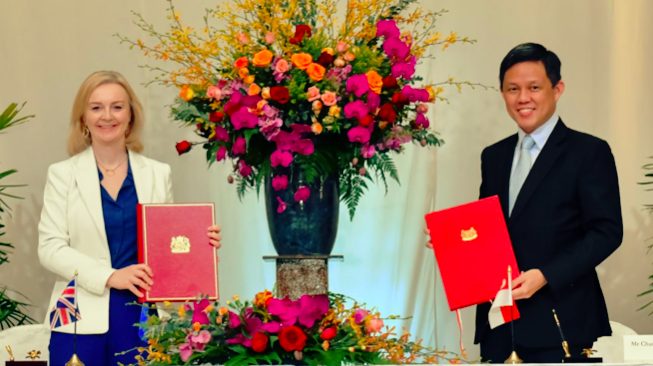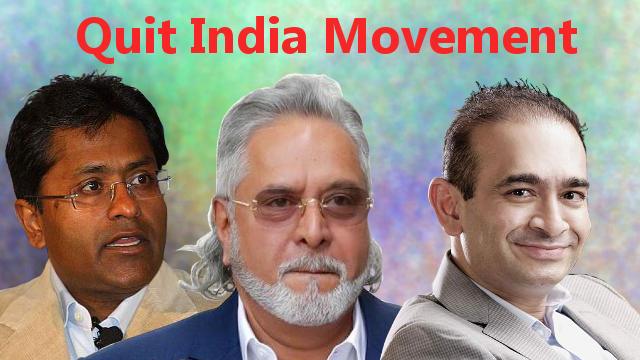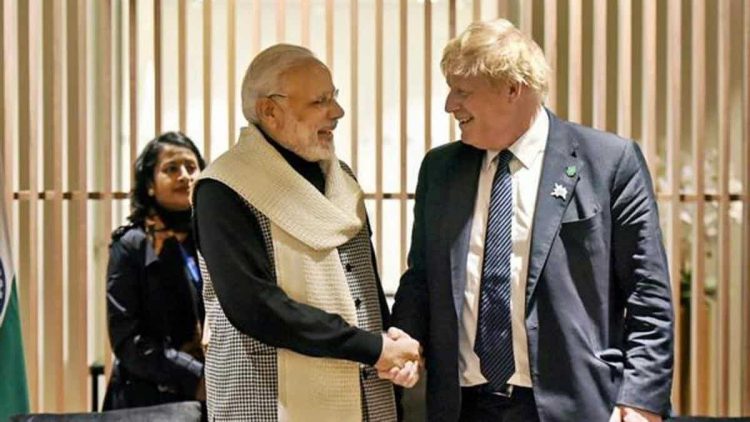Singapore signed a free trade agreement (FTA) with the United Kingdom on Thursday Dec 10 to ensure that companies from both countries continue to enjoy the same benefits that they are receiving under the Republic’s FTA with the European Union.
The agreement will cover more than £17 billion (S$30.4 billion) of current bilateral trade in goods and services.
The two countries also agreed to assess the modules of a UK-Singapore digital economy agreement (DEA), with a view to launching negotiations on the DEA in 2021.
They also committed to start talks on and conclude an investment protection agreement within two and four years respectively of the FTA’s entry into force.
The FTA was signed in Singapore by Minister for Trade and Industry Chan Chun Sing and UK Secretary of State for International Trade Elizabeth Truss.
Speaking at the event, Mr Chan noted that the UK is Singapore’s third and second-largest trading partner for goods and services respectively, as well as its top investment destination in Europe.
In turn, Singapore is the UK’s largest trade and investment partner in South-east Asia.
As the first FTA between the UK and an Asean member state, it represents the UK’s deepening engagement of the region, and provides British businesses a platform to access opportunities in the region through Singapore, said Mr Chan.
“In these volatile times, the UKSFTA provides Singapore and UK businesses the certainty they need to find and access new growth opportunities,” he added.
The deal’s immediate and tangible benefits include tariff elimination for 84 per cent of all tariff lines for Singapore exports to the UK upon the UKSFTA’s entry into force, with virtually all remaining tariffs eliminated by Nov 2024 the same timeline under Singapore’s FTA with the EU (EUSFTA), said Mr Chan.
It will also enhance market access for Asian food products made in Singapore, such as har gow (prawn dumplings) and sambal ikan bilis (spicy crispy anchovies), he added.
“We hope this will allow our UK friends to try more of our distinctive Asian food products,” said Mr Chan.
“We want to secure a Canada-style deal with the EU, but if we are not able to secure that we will trade with the EU on Australian style terms.
Neither of those, two arrangements will affect the deal with Singapore, the deal with Singapore is done,” Ms Truss, said in the interview.
A Canada-style pact will get rid of most but not all tariffs, while an Australian-style agreement is basically no trade deal at all and will fall back on World Trade Organisation terms.









